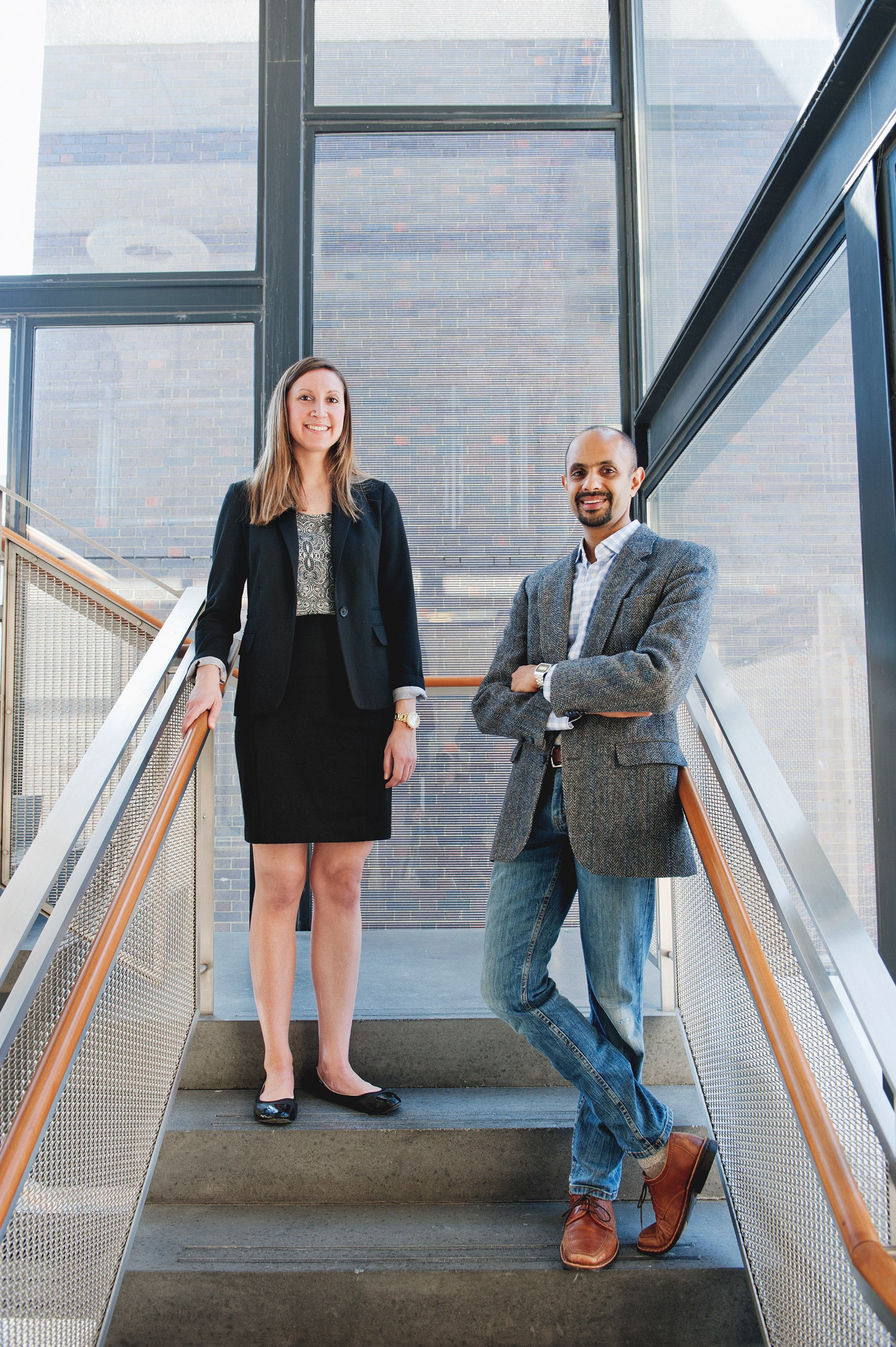HLS Cyberlaw Clinic encryption brief anticipated issues in Apple case
While the encryption debate is most often painted as a two-sided battle between law enforcement and technology companies, in truth there are many other stakeholders around the world that are deeply concerned about the widespread implications of regulating encryption in iPhones and other telecommunications devices.
The global human rights organization Amnesty International, for one, has significant concerns about the impact on privacy and free speech should it become easier for governments—foreign and otherwise—to access private communications. Last fall, Amnesty, which is in the process of developing a global policy on the regulation of encryption, reached out to the Cyberlaw Clinic at the Berkman Center for Internet & Society at Harvard Law School for help in understanding the legal landscape and policy debate in the U.S.
For Allison Kempf ’17, who chose HLS in part because of the Cyberlaw Clinic and came to law school with a background in cybersecurity and national security, the timing of the project was ideal. “For the last year, encryption and the ‘going dark’ debate have become really prominent in the public discourse,” says Kempf, who worked on the project during fall semester along with Richard Pell ’16. Although the Obama administration announced it would not seek changes in the law around encryption, “Amnesty’s question is relevant because it’s very possible future administrations will face great pressure to take some sort of action, be it regulatory or legislative,” she says.
“From a human rights perspective, encryption is an empowering tool because people can communicate more freely, especially in places where there are more authoritarian regimes,” says Kempf, who is contemplating a career focusing on national security. While the U.S. government must adhere to a lawful search process, “not all governments abide by the same standards we do, so [Amnesty is] concerned about the privacy of individual users of encrypted technology.”
Under the supervision of Vivek Krishnamurthy, a clinical instructor whose work focuses on understanding the human rights impacts of new technologies, the students produced a substantial memorandum that identified legal and constitutional issues. “The project required our students to consider the issues around encryption from multiple points of view, as there are no easy or right answers around these issues,” he says, adding, “Our work for Amnesty anticipated many of the issues that have surfaced in the Apple case.”
Amnesty was very happy with their work, says Kempf, who continued at the clinic this spring working on a project related to cloud computing. “I was really excited to get such positive feedback, and I’m looking forward to seeing how they use it in the future.”
